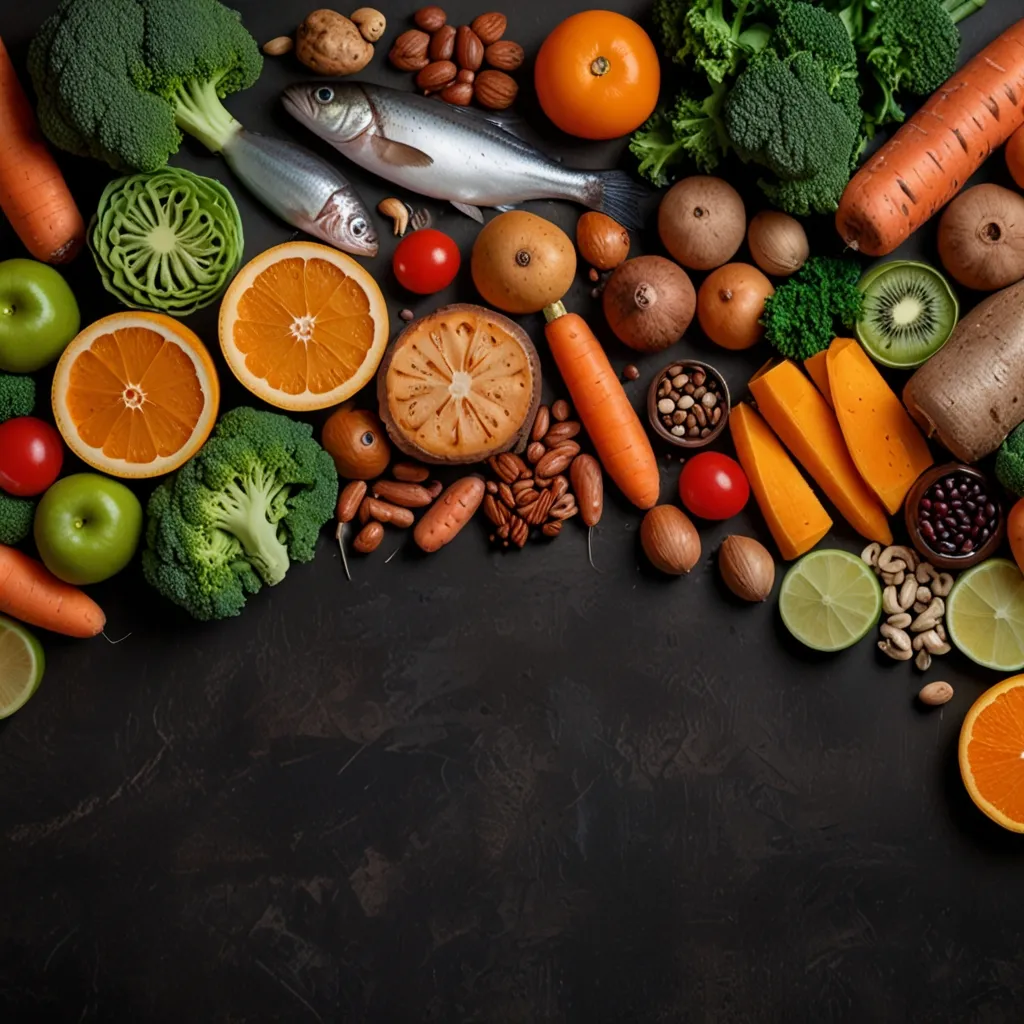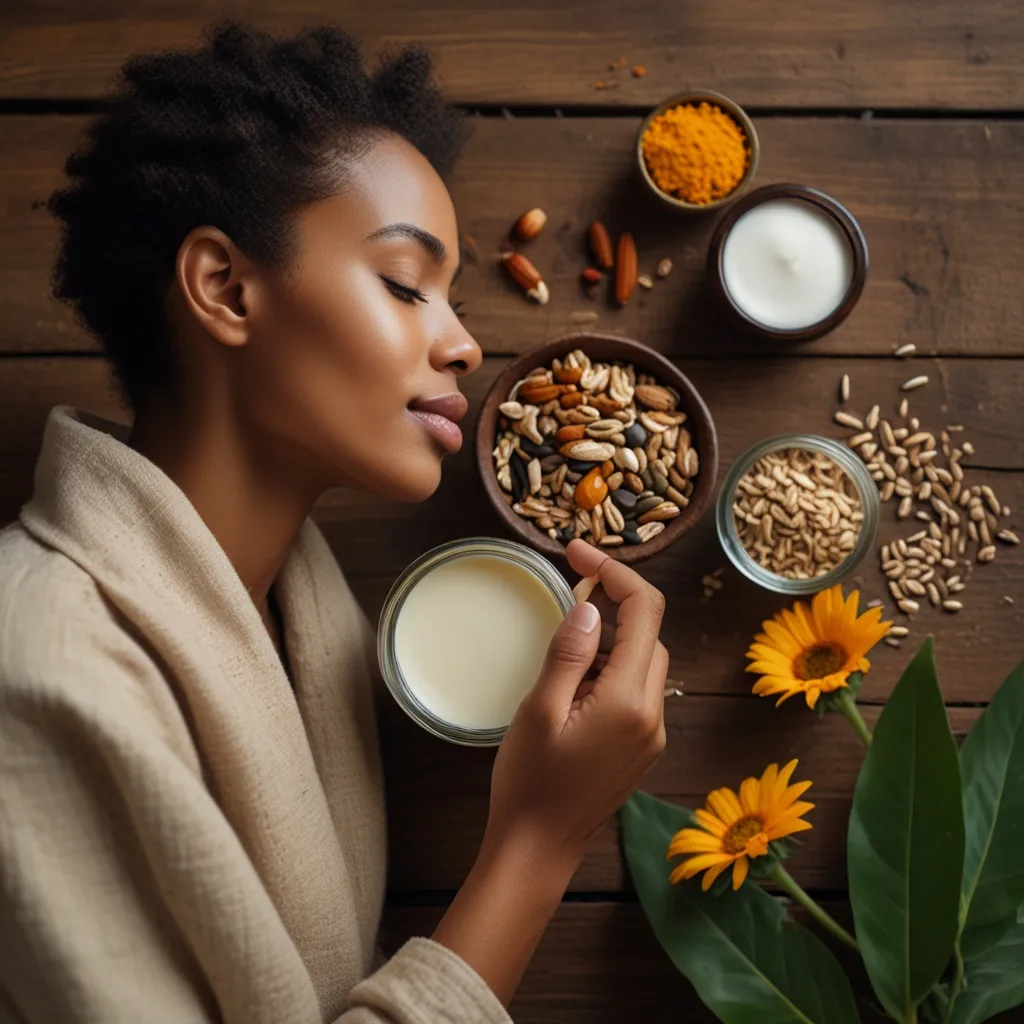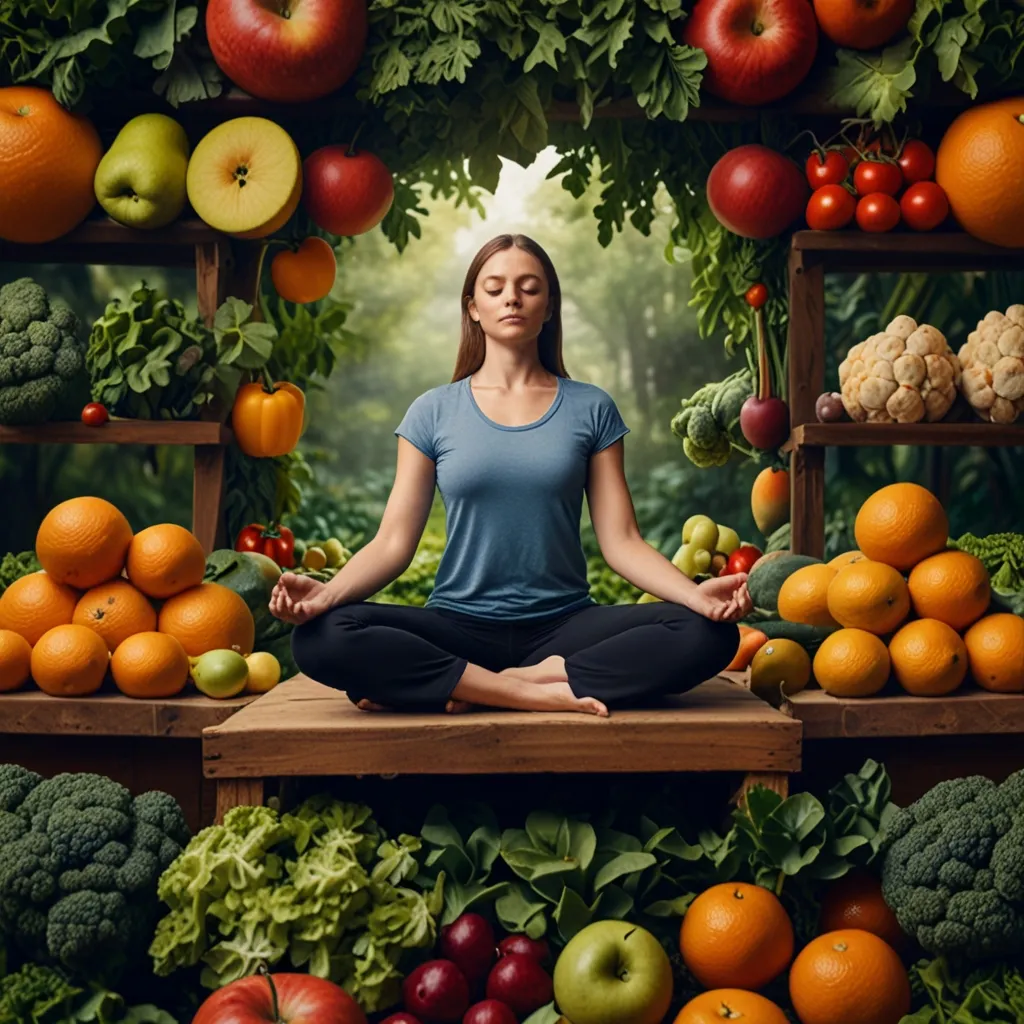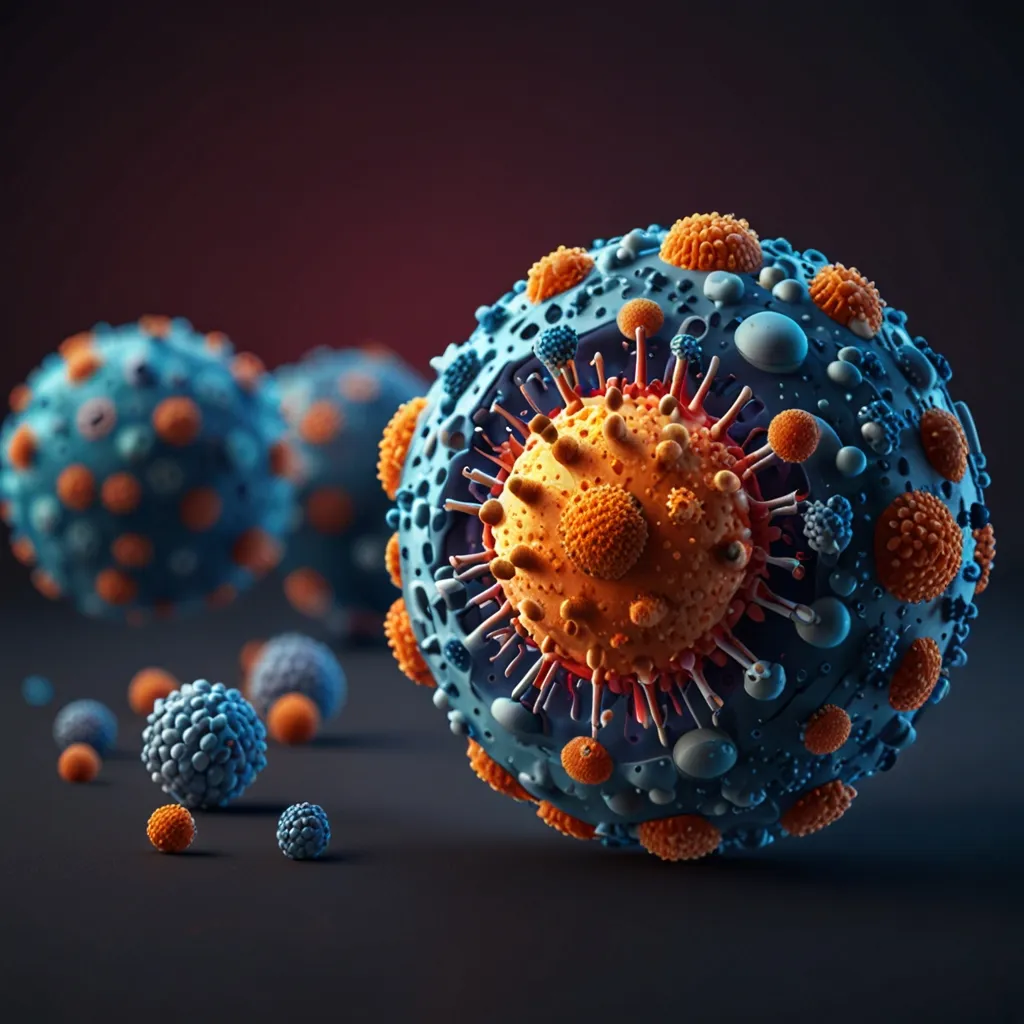Keeping your eyes healthy isn’t just about regular check-ups and protecting them from harsh lights. What you chow down on daily can play a massive part in maintaining sharp and clear vision. Think of it this way: your eyes, like any other part of your body, thrive on the right nutrients. So, let’s dig into some foods that can give your peepers a nutritious boost and look at the reasons why they are so essential.
Kicking things off with a classic - carrots. They have a reputation as a go-to for eye health, and it’s well-earned. Carrots are loaded with vitamin A, instrumental in helping your retina turn light into images. If you’re not getting enough of this vitamin, you might struggle with night blindness or end up with dry, uncomfortable eyes. Sweet potatoes not only add more variety to your meals but are also superb substitutes, offering a robust dose of vitamin A and beta-carotene.
And hey, it’s not just carrots and sweet potatoes that are rocking the orange color. Think about cantaloupes and apricots. They also bring plenty of vitamin A to the table, making them ideal for snacking. Need something savory? Bell peppers are your friends. Besides their delightful taste, they have a bunch of vitamin C, which acts like a shield for your eyes against damage from those pesky free radicals.
When vitamin C is on the mind, citrus fruits are your jam. Oranges, grapefruits, and lemons stand out as prime sources. Vitamin C isn’t just a hero for your immune system. It also helps repair and grow new tissue cells, which is crucial for keeping your vision sharp. Peaches, strawberries, and tomatoes also pack a punch, giving you plenty of options to jazz up your diet.
Leafy greens are another gem for your eyes. Spinach, kale, and collard greens are rich in lutein and zeaxanthin, antioxidants that zero in on protecting your macula, the part of the eye responsible for central vision. These nutrients are fantastic in staving off age-related macular degeneration and cataracts. Eggs, too, are rich in lutein and zeaxanthin, adding yet another reason to enjoy them.
Fish, especially cold-water varieties like salmon, tuna, and sardines, bring omega-3 fatty acids to the mix. These are fantastic in lowering the risk of eye diseases and keeping the retinas in good shape. Omega-3s are also great for tear production, making them a boon for anyone dealing with dry eyes.
Nuts and seeds should definitely be on your list. Almonds, sunflower seeds, and avocados are packed with vitamin E, an antioxidant that keeps your eye cells in tip-top condition. This vitamin can even slow down macular degeneration and help fend off cataracts. For a quick snack, munching on a handful of nuts or seeds is easy and beneficial.
Beans and legumes shouldn’t be overlooked. High in zinc, they are essential for keeping your retinas healthy. Options like black-eyed peas, kidney beans, and chickpeas are all solid choices. Whether blended into hummus or tossed into salads, they can easily fit into your daily meals.
Broccoli and Brussels sprouts are not just good for your general health; they’re also powerhouses for your eyes. Loaded with vitamins A, C, and E, they help fend off free radicals. They can be cooked in a variety of tasty ways, ensuring your diet remains interesting while beneficial.
Besides being mindful of your food choices, some lifestyle tips can make a big difference. Spending some time outside can help keep nearsightedness at bay since sunlight positively impacts the collagen in your sclera. Also, staying hydrated is key. Dehydration can lead to dry and irritated eyes, so drink plenty of water. Sunglasses are not just for looking cool. They protect your eyes from excessive sun exposure, which is a risk factor for cataracts.
For those managing diabetes, keeping blood sugar levels in check is pivotal for eye health. High blood sugar can damage the tiny blood vessels in your eyes, leading to serious vision issues. Opt for low to moderate glycemic index foods to manage carb intake and keep blood sugar stable.
Lastly, regular eye exams are the MVP of eye care. Catching problems early can prevent them from getting worse. So, even if your vision seems okay, having a comprehensive eye exam with an optometrist or ophthalmologist is worth it if anything feels off.
In a nutshell, embracing a diet rich in fruits, veggies, whole grains, and fish can significantly boost your eye health. Mix these nutrient-packed foods into your meals, follow a few simple lifestyle tweaks, and you’re on your way to keeping those eyes in prime condition for years to come. Eating right isn’t just about staying fit; it’s about maintaining a clear and vibrant vision that lets you see all the wonders of the world around you.






